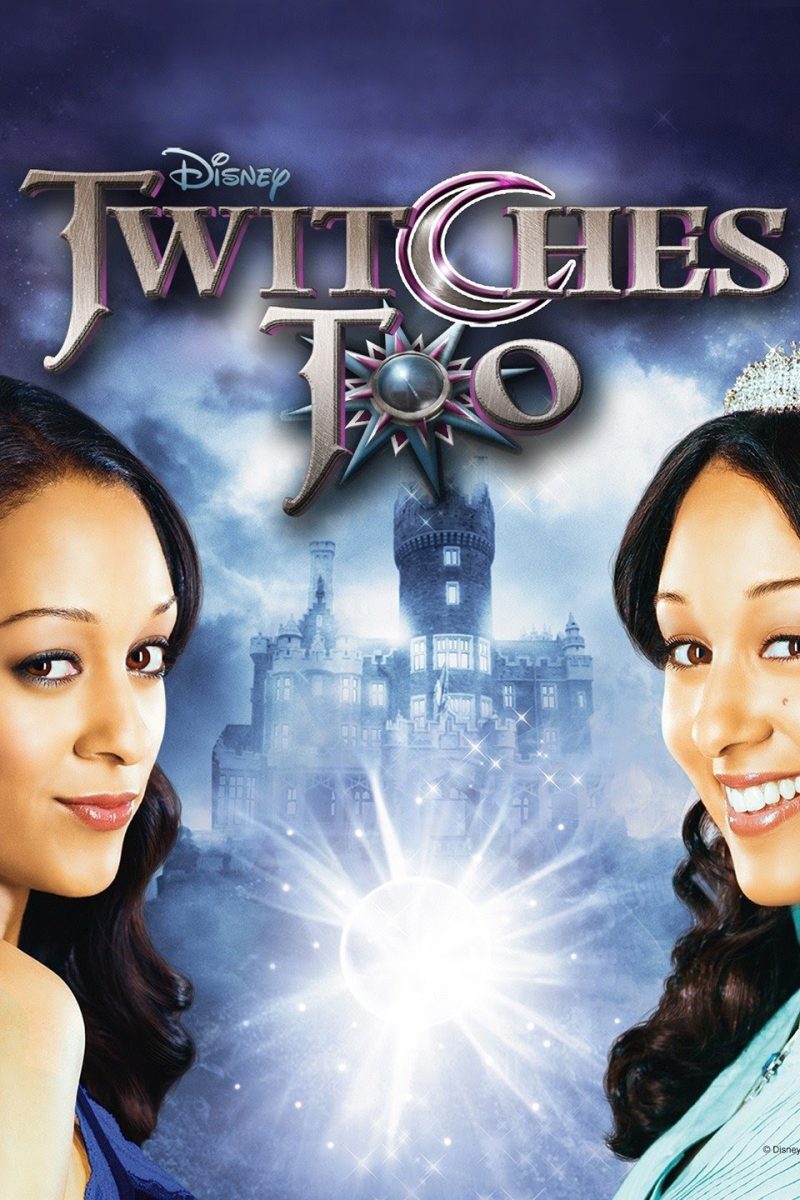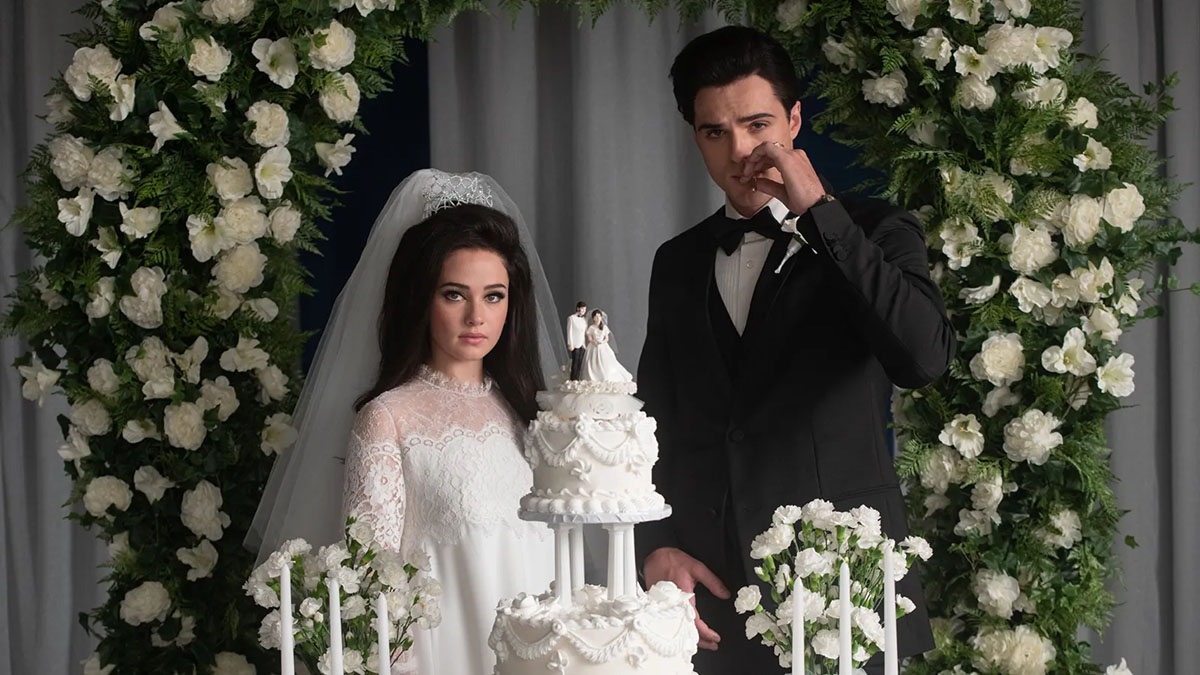About a week ago, my roommates and I went to see a movie in theaters. The movie was Saltburn, a dark comedy thriller written, directed and co-produced by Emerald Fennell.
I won’t lie when I said we mostly went because of all the hype surrounding Jacob Elordi. (Like, come on. It’s Jacob Elordi. I’m going to go see it.)
The movie follows an Oxford student named Oliver Quick (played by Barry Keoghan) trying and failing at first to assimilate into the aristocratic culture of this high-end academic setting. It isn’t until he meets fellow student Felix Catton (played by Elordi), a member of a well-known and quite well-off family, that he begins to enjoy himself.
After a grueling year and the unexpected death of his father, Oliver is hesitant to go back to his tumultuous home life for summer break. When Felix presents the idea of him coming to stay at his family’s estate in Saltburn, he takes the offer willingly.
The movie starts a bit slow, building in necessary details and scenes that we come back to throughout the film. I originally was so enthralled by the visuals and cinematography. It felt like a dream, the angles, lighting and color of this movie were so surreal and beautiful.
As the boys settle into Saltburn, they meet the unique and a bit unsettled cast of characters who also live there. Felix’s mother and father, his cousin and two close friends of the family.
Regardless of my fondness towards any specific character in this movie, their role in the plot filters out among their interactions seamlessly over time. There is no character wasted in this movie, each one has an innate and important purpose.
As the movie hits the halfway mark, my jaw hits the floor. I was shocked by every scene back to back, the writing and the dialogue specifically were so sickeningly scary. My favorite scene is by far the grave scene, which I won’t go into quite as much detail as I would like to in light of spoilers.
This movie is a perfect example of what greed and power can do to corrupt someone. It has the potential to stick in your mind for days after viewing and is good enough that I plan to go at least one more time in theaters.
My only criticism is that I believe the film’s last 20 minutes could be cut. It wraps everything up a bit too neatly in my opinion and is a bit of a lost opportunity for there to be a conversation between the director and the audience about what happened after the movie ended.
Mostly though, this movie was nothing like how I thought it would be and has quickly skyrocketed up to my top five favorite movies of all time. It’s dark, twisted, sexy and beautiful all at once. Not to mention Elordi wears angel wings and has an eyebrow piercing.
Brandel can be reached at [email protected].














